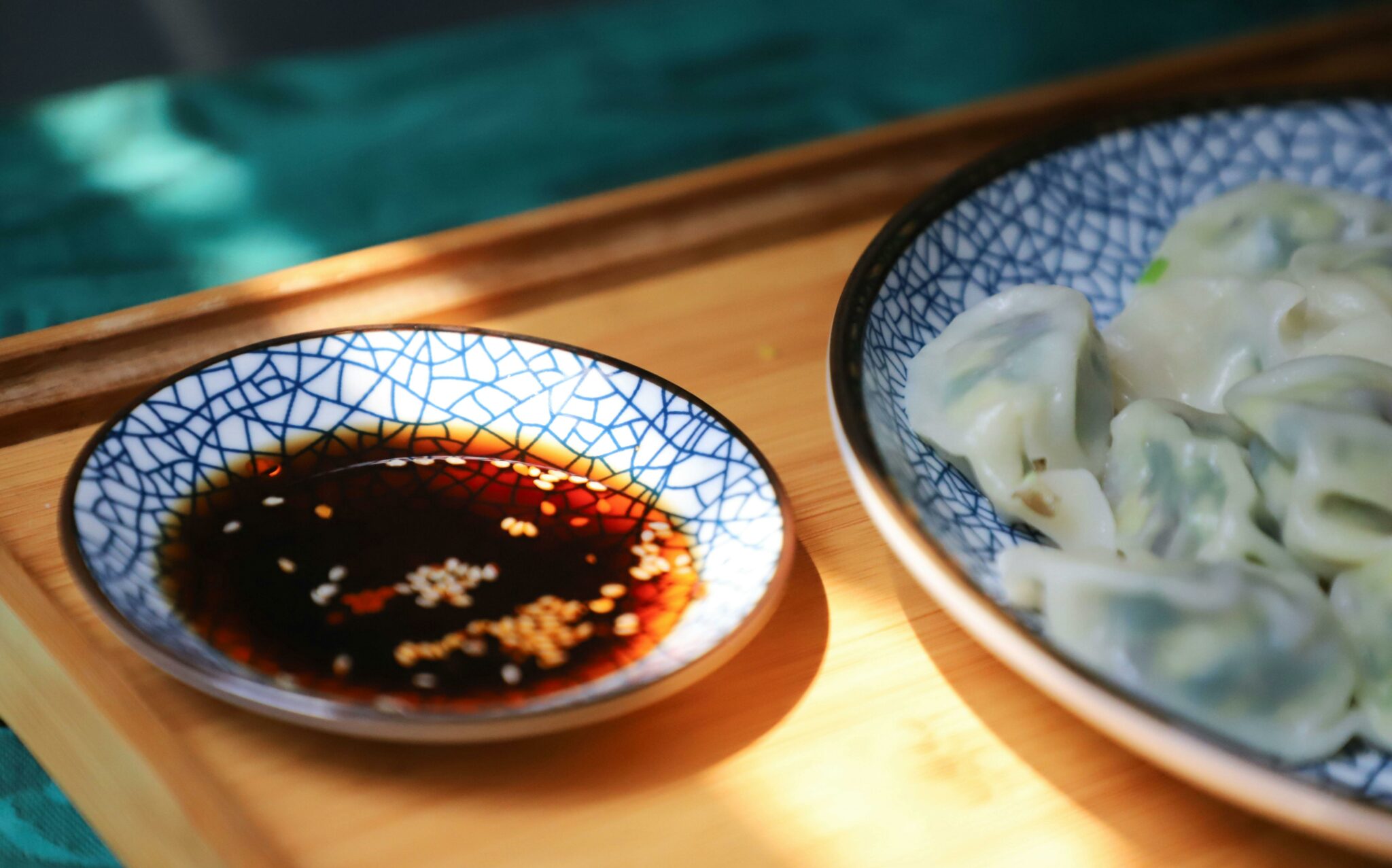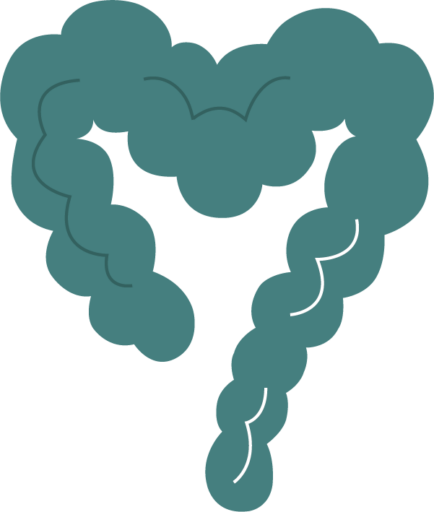
Soy and IBS
We often get questions about soy and FODMAP, and it’s not a straightforward relationship. Here, we provide you with a guide for those with IBS and sensitive stomachs on which soy products are gut-friendly and which are not.
Yellow soybeans – Commonly used where soybeans are listed, such as in soybean pasta. These round, yellow beans are not allowed.
Green soybeans – Known as edamame, they grow in a green pod that is removed before eating. They have recently become allowed. A good option for those who follow a vegetarian diet.
Soy flour – Made from yellow soybeans and therefore not allowed. It is found in many products, especially gluten-free items, bars, cookies, and muesli.
Soy milk – Typically made from whole soybeans and water. This means the carbohydrates (in this case, galactans) are included in the process, and the FODMAP content is high. In Australia, there is soy milk made entirely from soy protein, which is low in FODMAP content.
Soy yogurt – The same principle as soy milk applies here. It has not been analyzed as this product is mainly found in the Nordic countries. It is most likely high in FODMAPs since the main ingredient is soy milk made from whole soybeans.
Soy lecithin and soy oil – The fat part of the soybean does not contain any FODMAPs and is allowed.
Tofu – There are several types of tofu. The regular, firmer variety in blocks is pressed and allowed because the water-soluble fibers, oligosaccharides, are removed with the liquid. The type called silken tofu is less firm and not pressed, so its FODMAP content is higher and it is not allowed. Flavored tofu often contains onions, so choose a plain variety.
Soy sauce – Even though soy sauce contains wheat flour, gluten, and soybeans, it is approved according to FODMAP guidelines. This is because it is fermented, which breaks down both gluten and oligosaccharides. This applies to both Chinese and Japanese soy sauce and tamari. Teriyaki sauce may contain garlic.
Soy sausages, patties, and mince – Most of these products are made from whole soybeans, meaning that the fibers are included, resulting in a high FODMAP content. In Sweden, Oumph!, Vegme, and Anamma are all made from whole soybeans and are therefore not allowed. Many products also contain both onion and garlic. The range of meat substitute products is constantly expanding, so there will likely be products made only from soy protein that are allowed. If the carbohydrate and dietary fiber content is 0 grams, the product contains no FODMAPs.
Soy protein powder – The FODMAP content varies depending on the manufacturing process. If the product contains dietary fibers according to the ingredients list, you can assume it contains FODMAPs. Soy protein isolate, however, likely does not contain FODMAPs, especially if the product has no carbohydrates.
So, now you know how soy and FODMAP work. And if you are one of those who drinks soy lattes to avoid lactose, it’s time to rethink, as soy milk is usually much tougher on the stomach than lactose!
Take control over your IBS!
Are you ready to take back your life from IBS? Our app provides the tools and guidance you need to manage IBS effectively.
Try the appSofia Antonsson
Reg. Dietitian, Belly Balance
Read more about

IBS - What is it?
Bloated , constipated or having a gassy stomach? IBS or Irritable Bowel Syndrome is a functional gastrointestinal disorder, meaning no physical issues can be found in the stomach or intestines; they just don’t function quite as they should.

How the app works
Download the app and become part of our community. We assist you in achieving a calm and happy stomach through treatment and tools available directly in the app.

About FODMAP
By learning which foods upset your stomach, you can make conscious choices and get quick symptom relief. With the low FODMAP diet, you receive structured assistance in understanding which foods your body tolerates better than others. No more guessing and pondering – you get the answer straight away!

